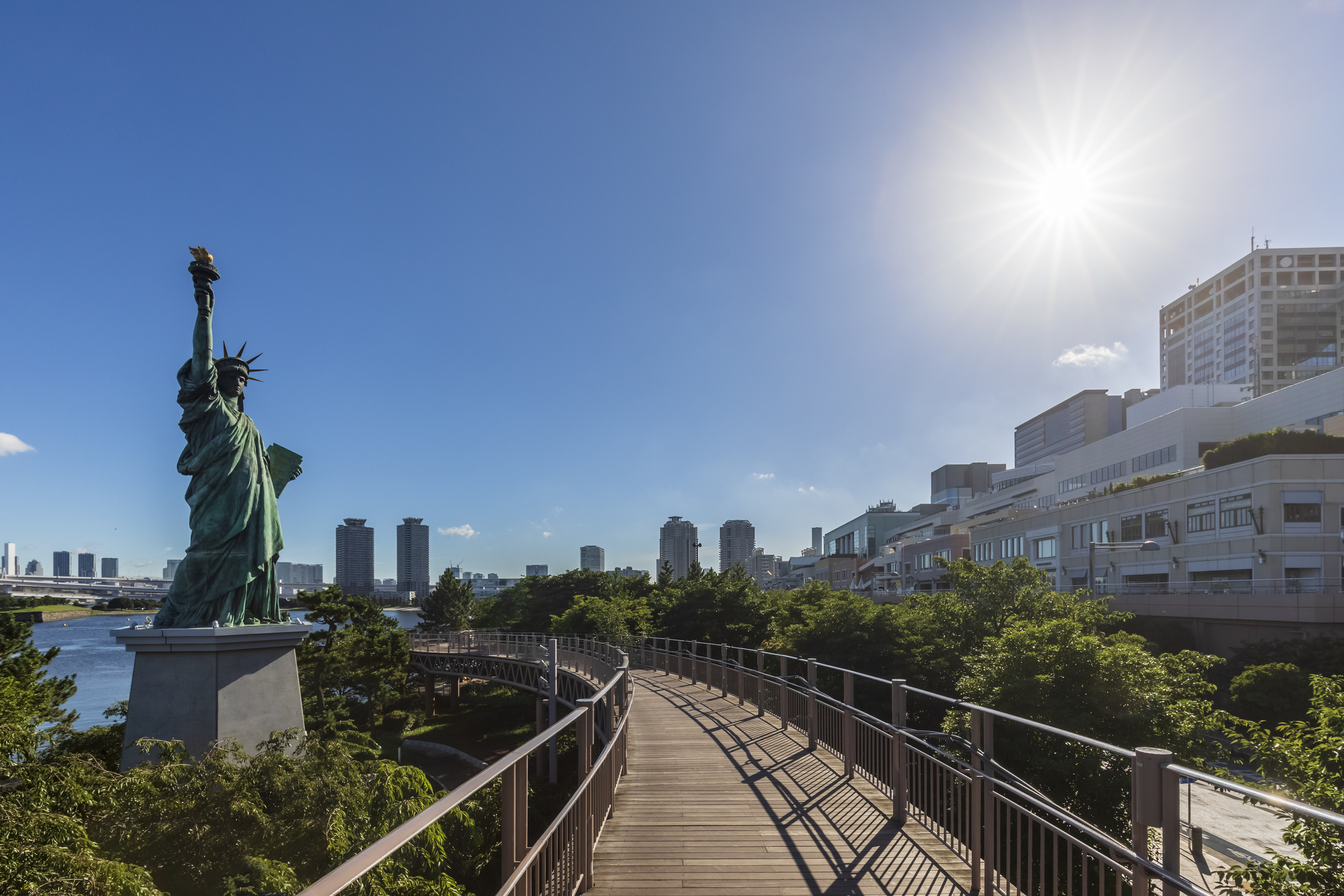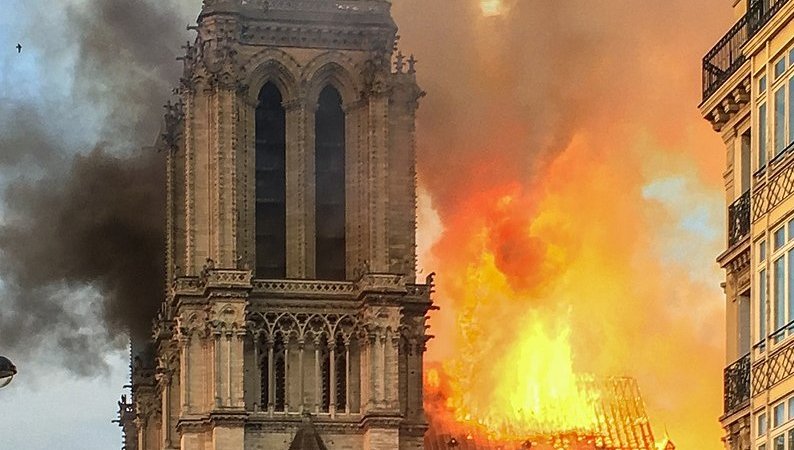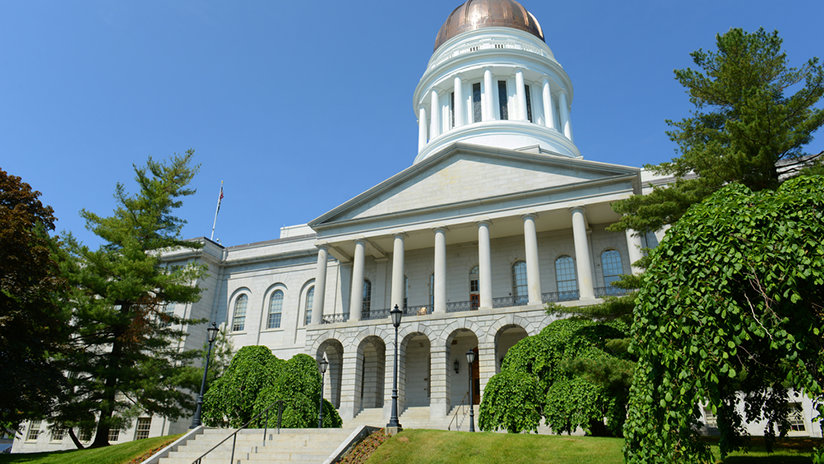
-
HOME
-
WHAT IS STANDOur Mission Our Values Our Help Contact
-
WHAT WE FIGHT FORReligious Freedom Religious Literacy Equality & Human Rights Inclusion & Respect Free Speech Responsible Journalism Corporate Accountability
-
RESOURCESExpert Studies Landmark Decisions White Papers FAQs David Miscavige Religious Freedom Resource Center Freedom of Religion & Human Rights Topic Index Priest-Penitent Privilege Islamophobia
-
HATE MONITORBiased Media Propagandists Hatemongers False Experts Hate Monitor Blog
-
NEWSROOMNews Media Watch Videos Blog
-
TAKE ACTIONCombat Hate & Discrimination Champion Freedom of Religion Demand Accountability
Scholars Worldwide Stand Up for Freedom of Religion in Japan
Religious scholars and authorities on religious freedom from around the world have formally protested the Japanese government’s October 13 request to a Tokyo district court to dissolve the Unification Church in Japan.

The Japanese government’s draconian measure was taken pursuant to events following the July 8, 2022 assassination of Japan’s former Prime Minister Shinzo Abe by a man who believed that Abe had a deep association with the Unification Church—which the man claimed had bankrupted his grandmother 20 years prior.
“We urge Japanese authorities and courts not to proceed with a measure that would forever taint the image of Japan as a country committed to democratic principles.”
The formal protest was signed by 12 notable religious freedom advocates from throughout Europe and elsewhere.
The protest reads, in part:
“It seems that the dissolution of the Family Federation, a measure reminiscent of practices current in China and Russia rather than in democratic countries, is out of proportion with the charges raised against it and not consistent with the [Family] Federation’s law-abiding behavior. It will also open the way to similar action against other religious minorities unpopular with certain lawyers or political groups and the media.
“We urge Japanese authorities and courts not to proceed with a measure that would forever taint the image of Japan as a country committed to democratic principles. … Pressing for dissolution will align Japan with totalitarian regimes where unpopular religious minorities are ‘liquidated’ after the ground has been prepared by slanderous media campaigns.”
The Unification Church in Japan, renamed the Family Federation for World Peace and Unification in 2015, has long been under attack by deprogrammers, apostates, and a team of lawyers known as the National Network of Lawyers Against Spiritual Sales, or NNLSS (“spiritual sales” refers to a method of religious fundraising common in Japan involving the sale of items such as amulets and urns).
Experts have pointed out that, although complaints against the Family Federation’s spiritual sales comprised only 1.9 percent of all such complaints filed in Japan (with none in the last seven years), the NNLSS have historically devoted 100 percent of their resources to litigation against the Family Federation. In fact, 98 percent of all litigation the Family Federation has faced has been brought by the NNLSS.
These same experts allege that, in addition to litigation, the NNLSS has allied itself to apostates, deprogrammers (who, unlike in most democratic countries, remain active in Japan), and anti-cultists who make a living attacking religious groups they believe are vulnerable. It is estimated that 4,300 members of the Family Federation have been subject to deprogramming over the last 50 years, including Toru Goto, a man who was seized by deprogrammers in 1995 and not released until more than 12 years later. Despite the Japanese Constitution’s express prohibition against illegal detention or confinement, reportedly none of these cases has been prosecuted. The government has been quick, however, to focus attention on the Family Federation.
Following Prime Minister Abe’s assassination, Japanese media likewise eagerly blamed the Family Federation, goaded on by its opponents. Government figures who had previously been allies of the church reacted to intense media pressure and renounced their previous alliance or resigned. In late 2022, the Japanese government passed two pieces of legislation restricting the activities of religious organizations such as the Family Federation and launched an investigation that resulted in the dissolution filing with the Tokyo District Court last month. Experts say that this is the first instance of religious persecution in post-war Japan.
The government’s request is expected to take “a considerable time” to work its way through the courts.






